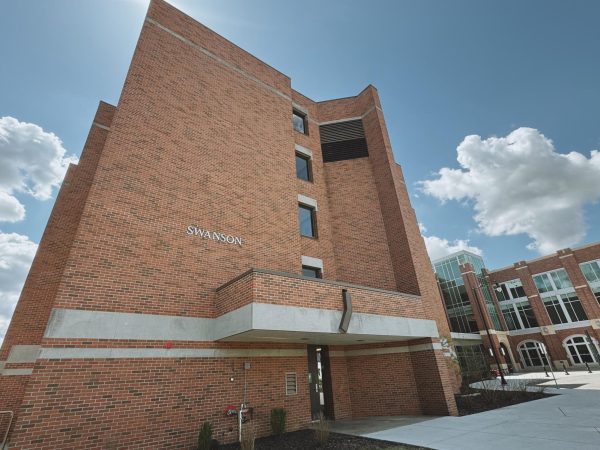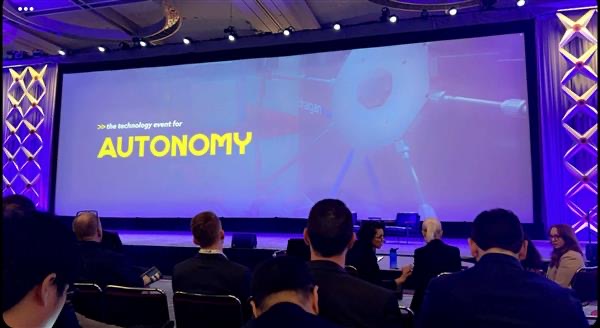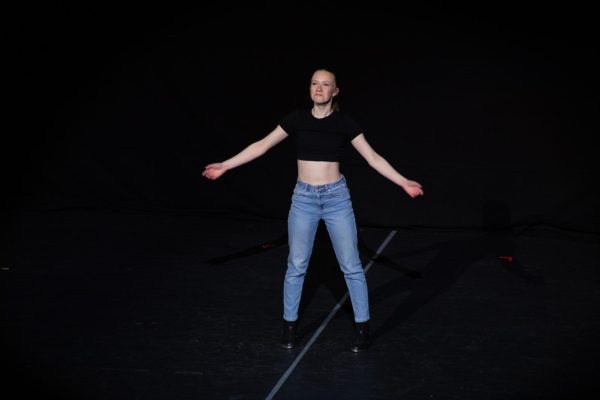Public Libraries and Book Ban Bills
Curation or Censorship?
April 19, 2023
Two bills have reared their heads in North Dakota: House Bill 1205 and Senate Bill 2360. The first of these bills, HB 1205, although dulled through revisions, promises to prohibit public libraries from displaying “explicit sexual material” as defined by the legislators. The second, SB 2360, seeks to prohibit the display of “obscene” materials in public libraries by punishing offending librarians with a class B misdemeanor as defined by the legislators.
Proponents of these bills argue that these are necessary measures to protect children from sexually perverse material. The careful curation of the content of public library collections in North Dakota would, in their theory, do so effectively.
However, some of their opponents argue that this curation could in fact be brute censorship in violation of the principle of freedom of the press as found in the First Amendment. Libraries already go through a careful process of “weeding” their collections; however, they typically do so based on the conditions and dates of the books and not on their content for the reason stated above. These opponents see content censorship as the parent’s responsibility, not the government’s; for example, it would be the parent’s responsibility to monitor their children’s devices for sexually explicit material if they deemed it necessary to do so, while it would be a government overreach as well as impossible to enforce if the government did.
The bills’ supporters argue in turn that the First Amendment does not cover “obscene” material as usually defined by the Miller Test which is as follows:
- whether the average person applying contemporary community standards would find that the work, taken as a whole, appeals to the prurient interest;
- whether the work depicts or describes, in a patently offensive way, sexual conduct specifically defined by the applicable state law;
- whether the work, taken as a whole, lacks serious literary, artistic, political, or scientific value.
The Miller Test is under fire for being too vague in definition, which as the bills’ opponents argue, would lend itself to the censorship of what the majority or legislators deemed “prurient” such as content about and/or for minority communities, such as the LGBTQ+ community. In addition, they argue that SB 2360 could in fact prohibit basic anatomy books or famous works of art as it prohibits “nude or partially denuded human figures,” which means “less than completely and opaquely covered human genitals, pubic regions, female breasts or a female breast, if the breast or breasts are exposed below a point immediately above the top of the areola, or human buttocks; and it includes human male genitals in a discernibly turgid state even if completely and opaquely covered.” Opponents argue that this would directly and negatively affect the public education of even mature adults.
Lastly, opponents of these bills question their enforcement. They view not only the punishment for offending librarians as shockingly harsh with the potential of up to 30 days in jail or a fine of $1,500, but also, the practical application of the bills as nearly impossible. With thousands of books in constantly updating and changing collections, the censorship process would be an enormous task for public libraries.
Kira Symington is a Dakota Student General Reporter. She can be reached at [email protected].












